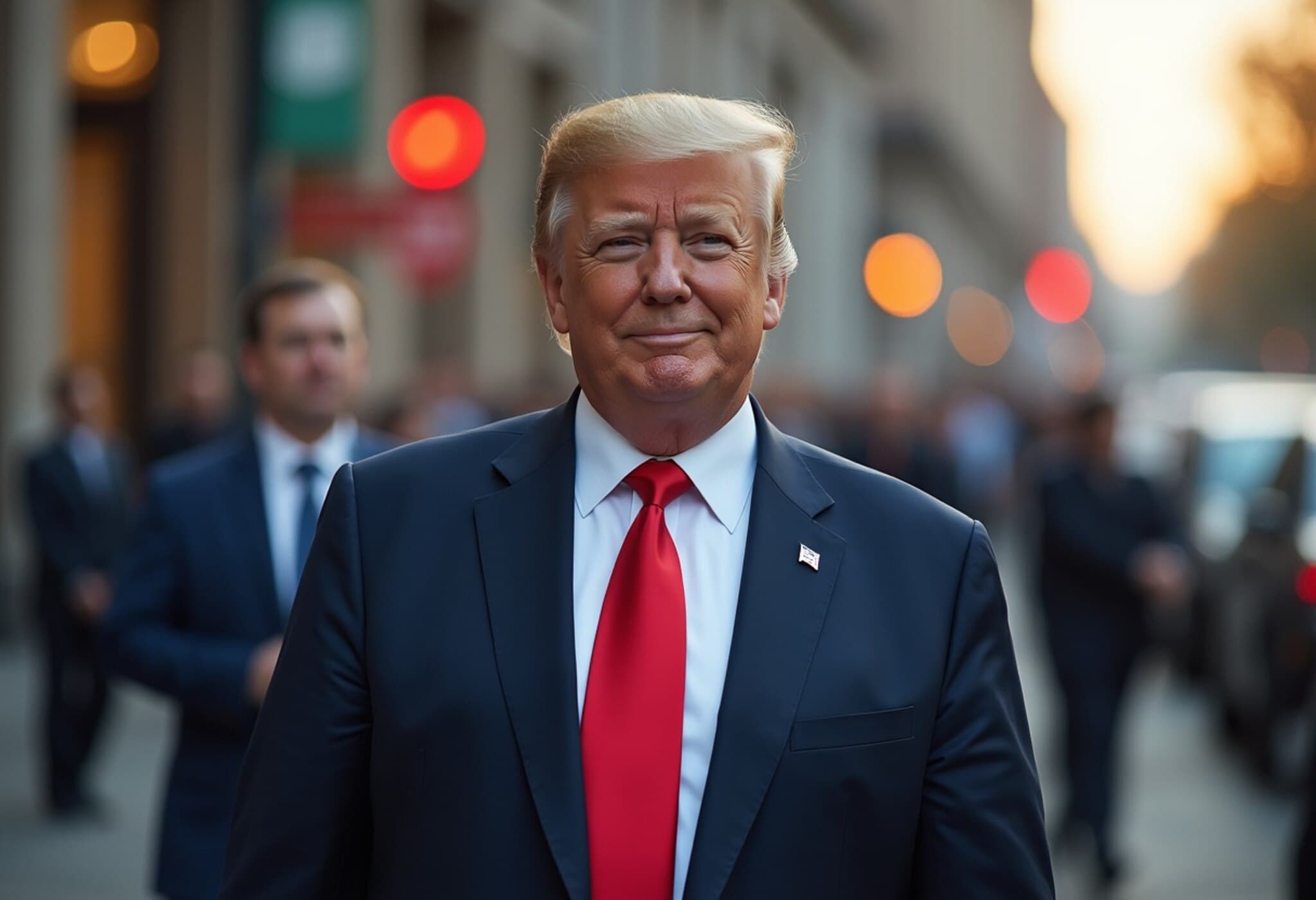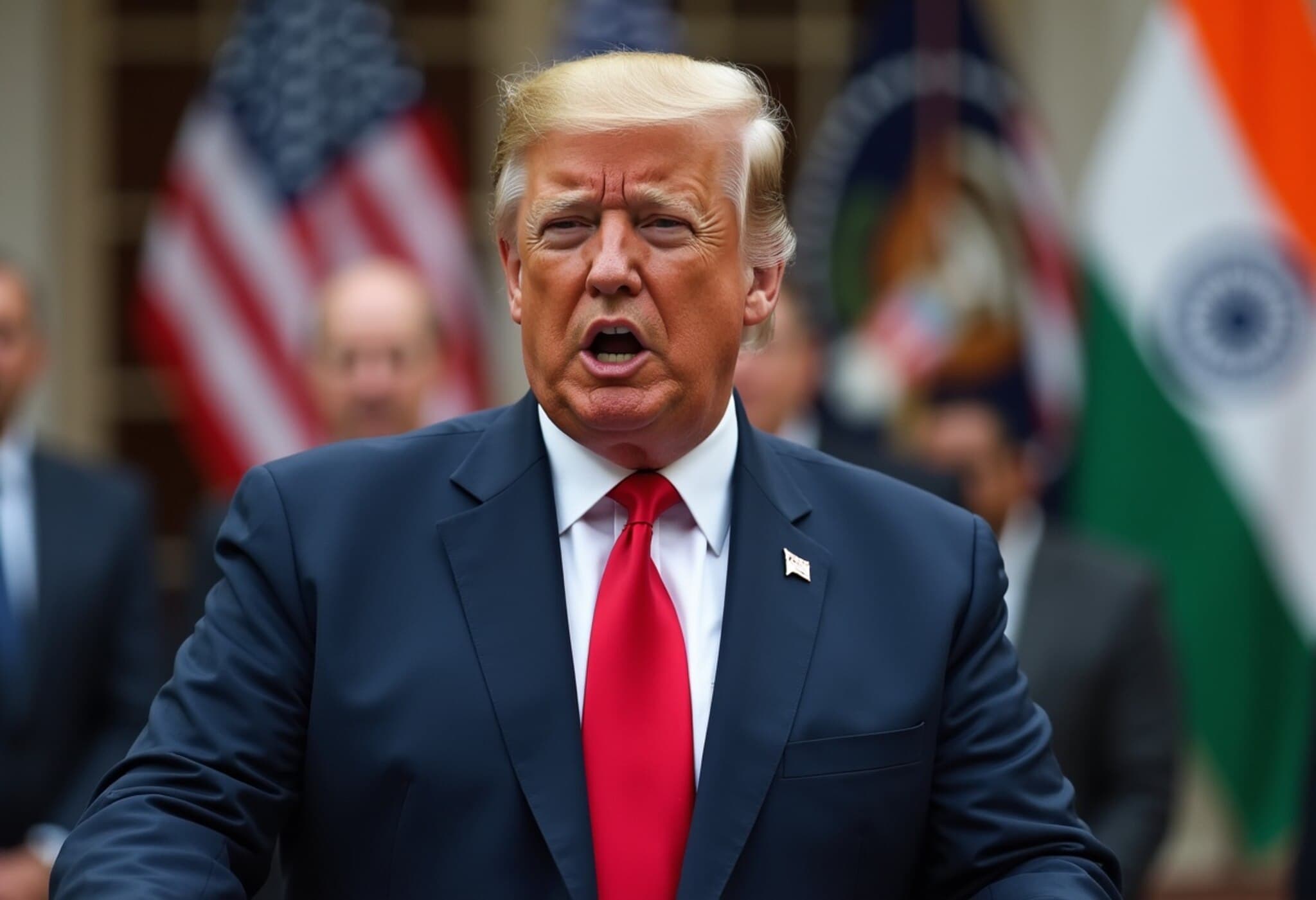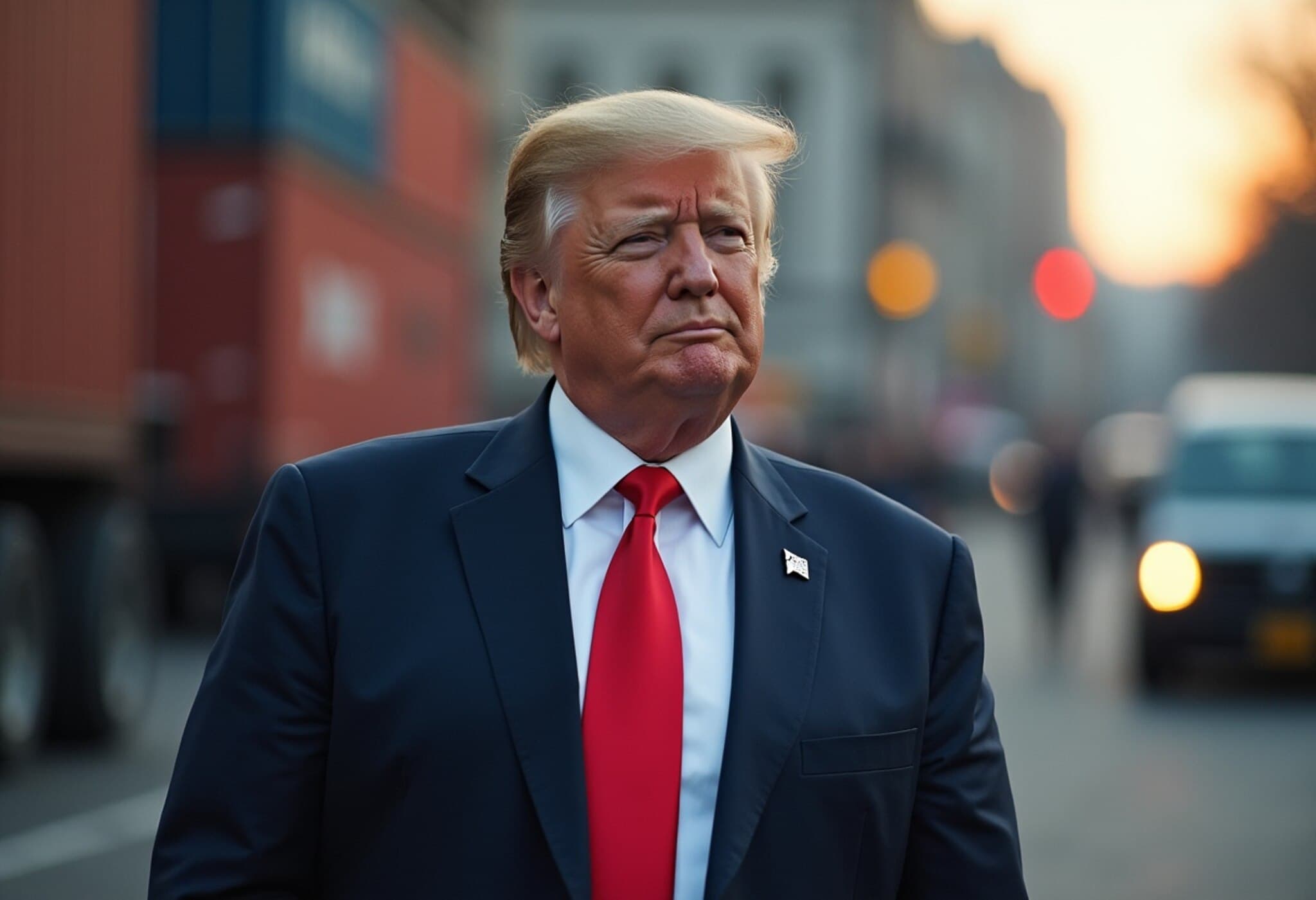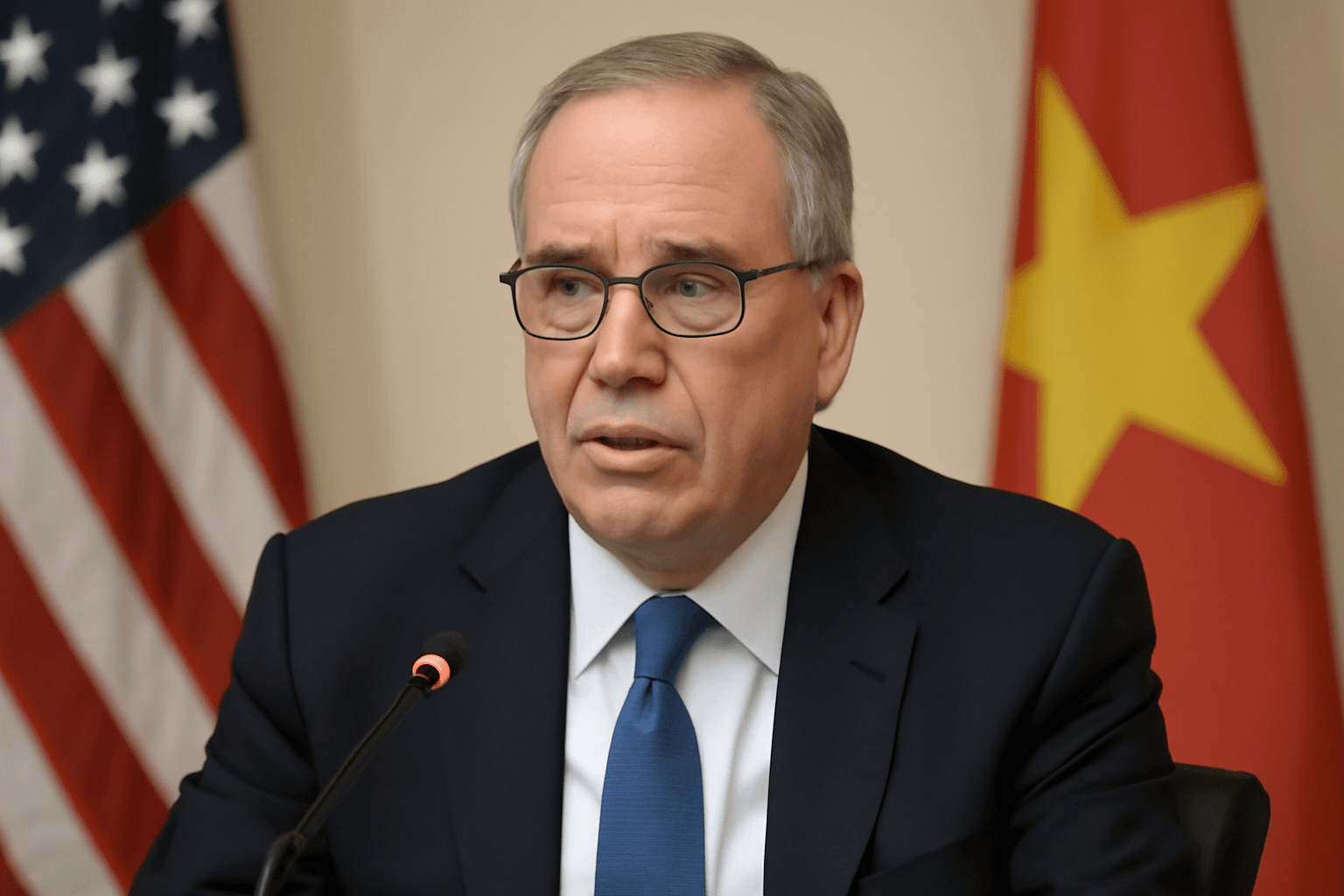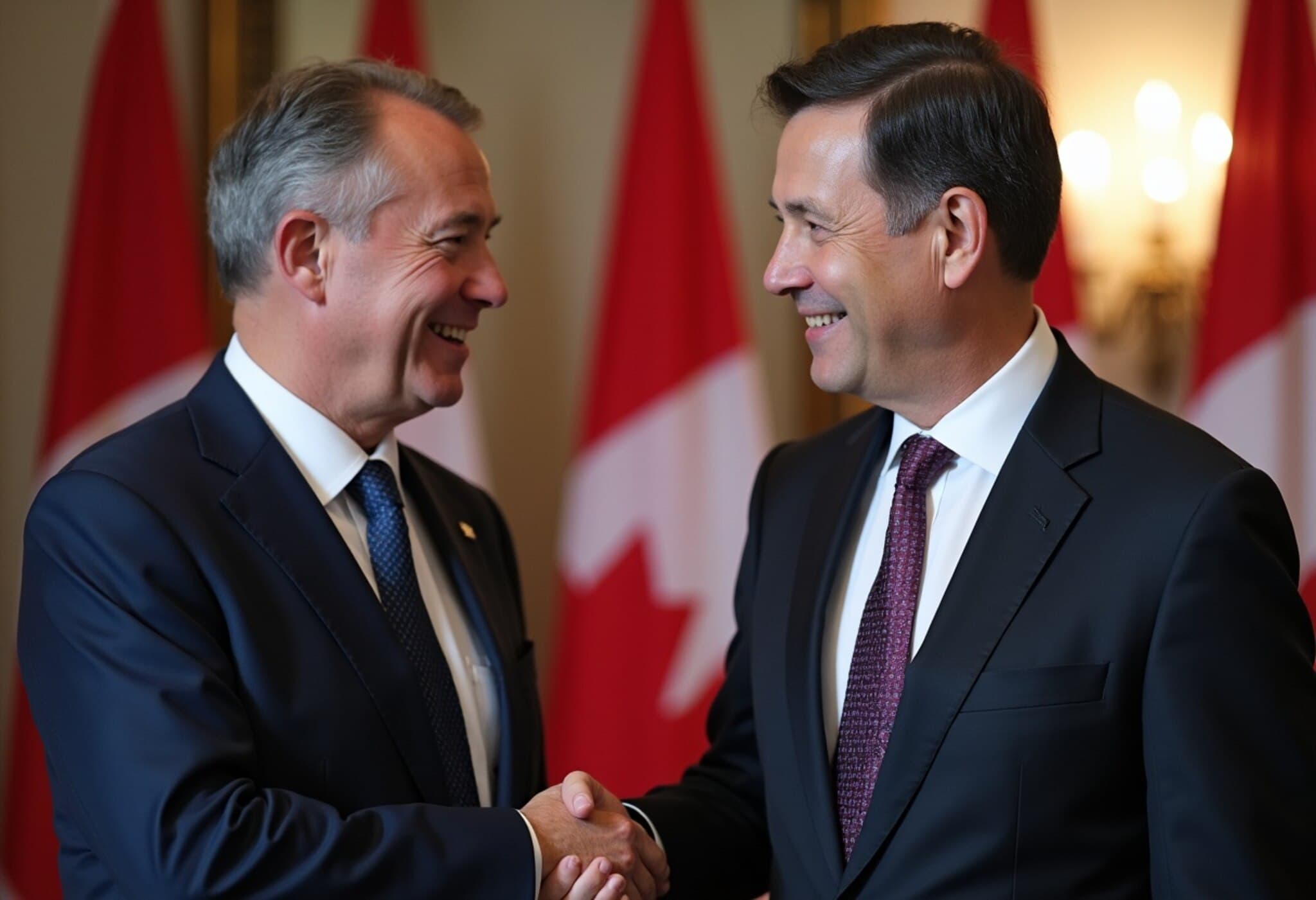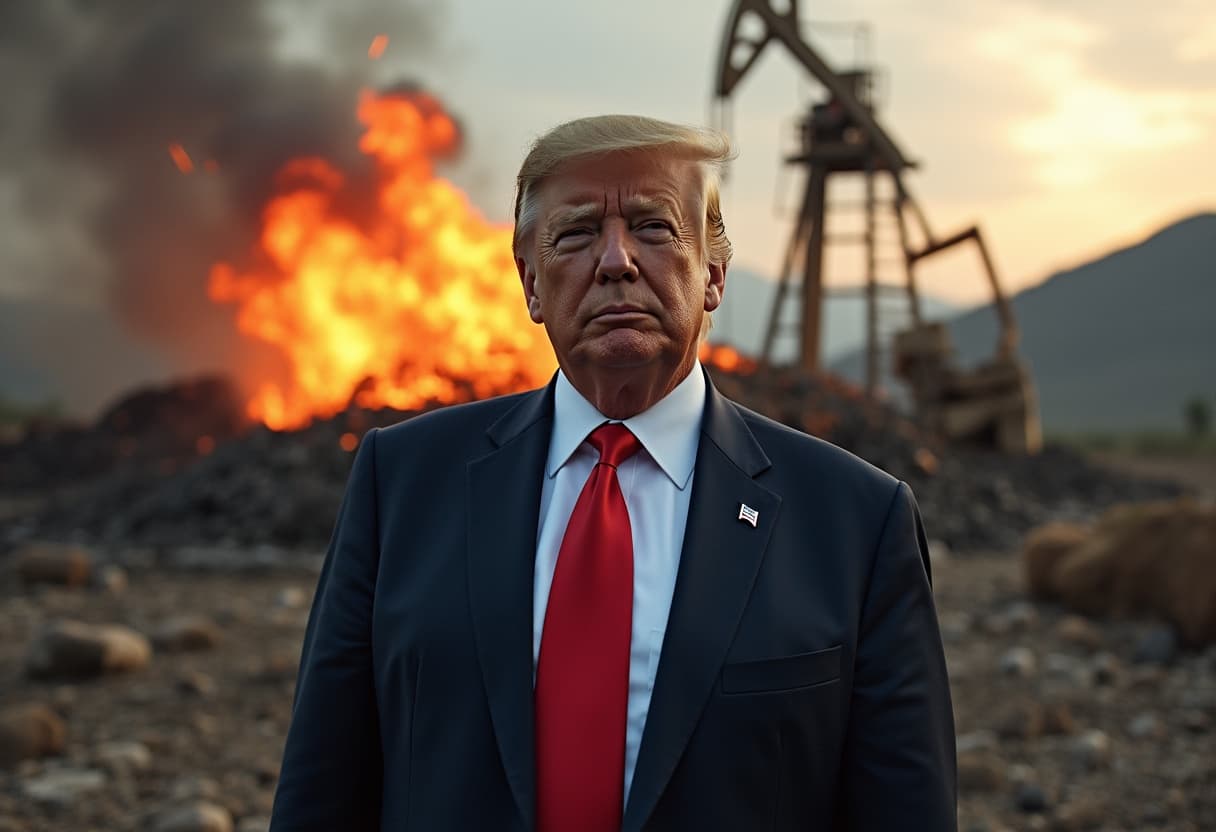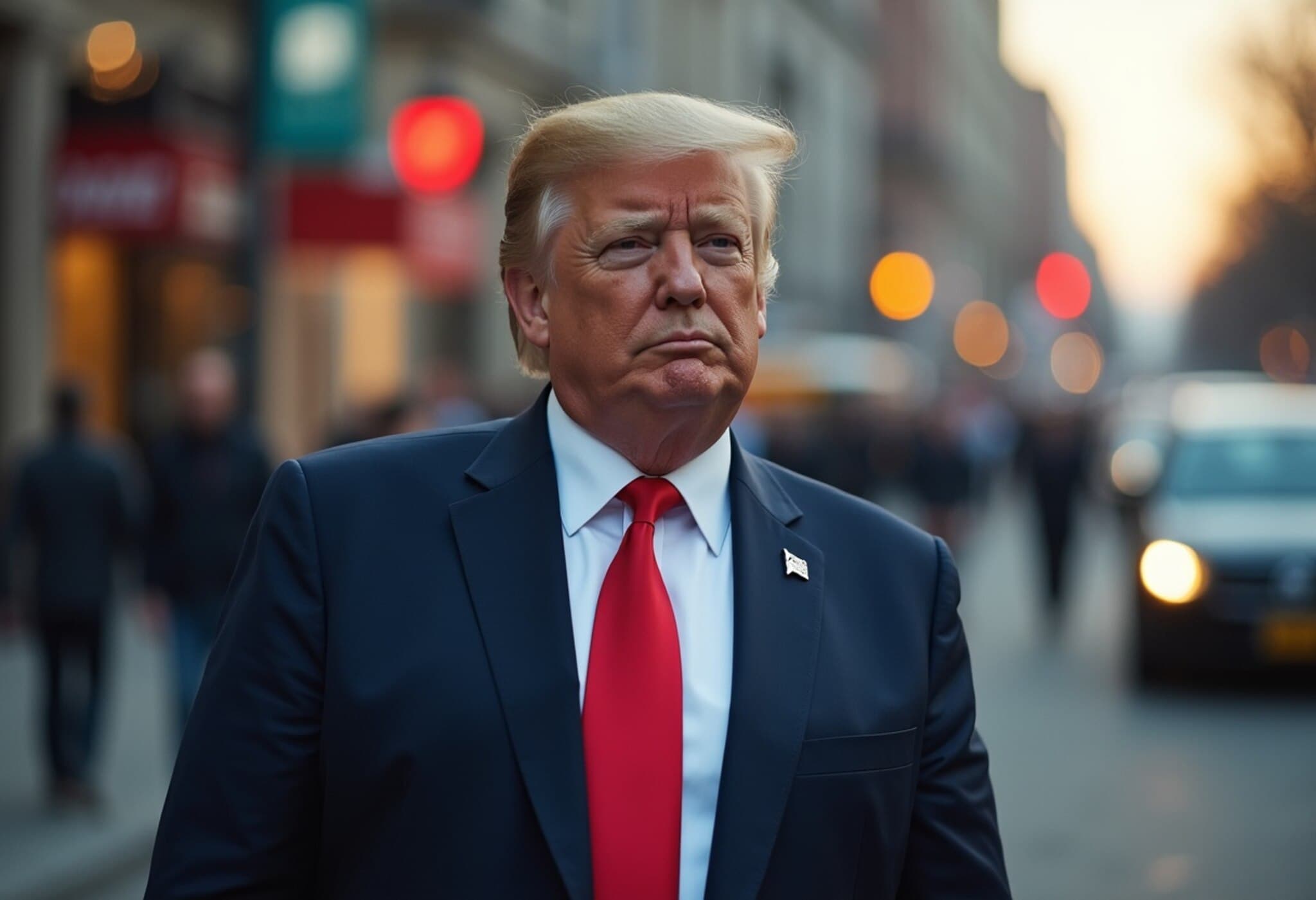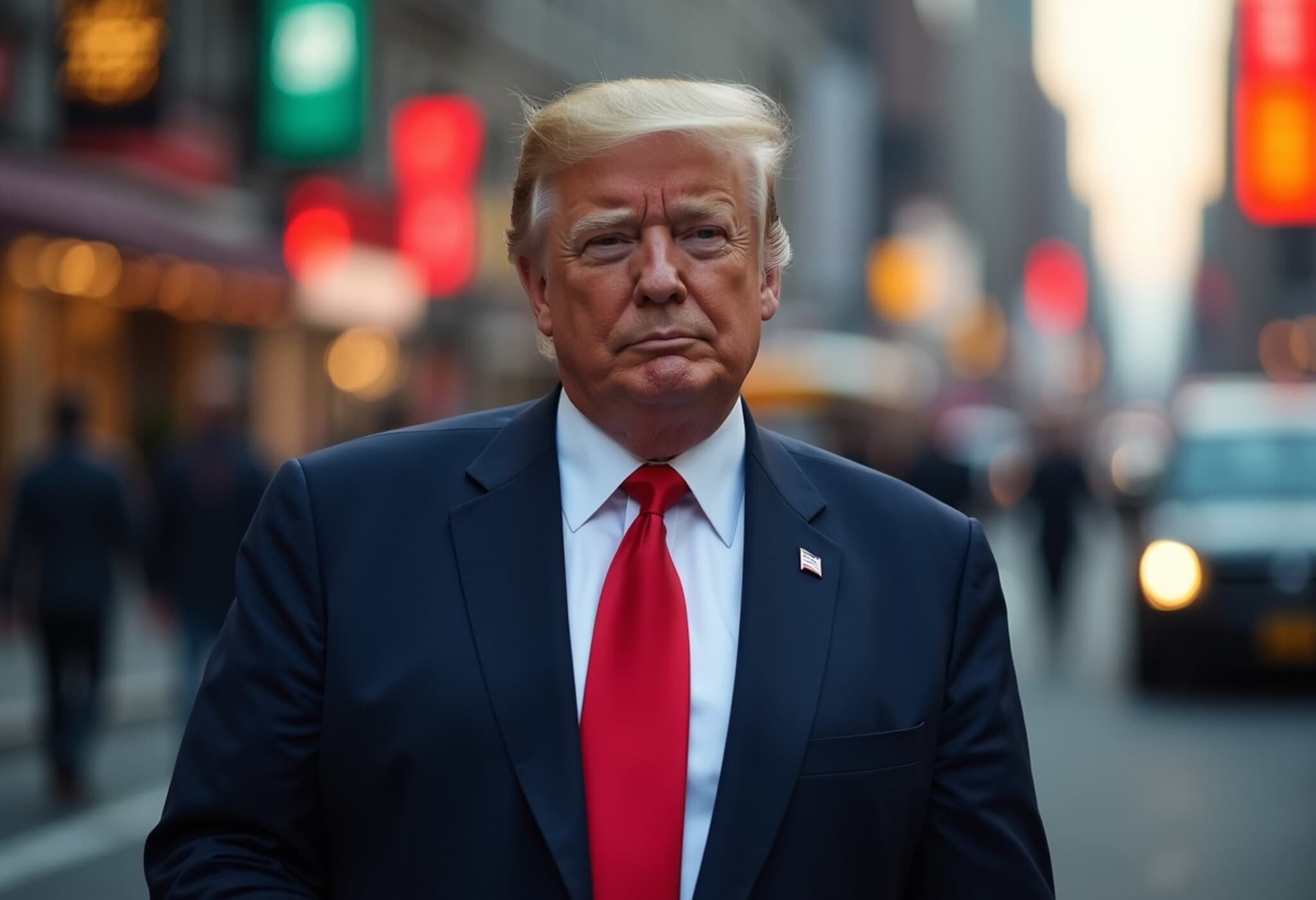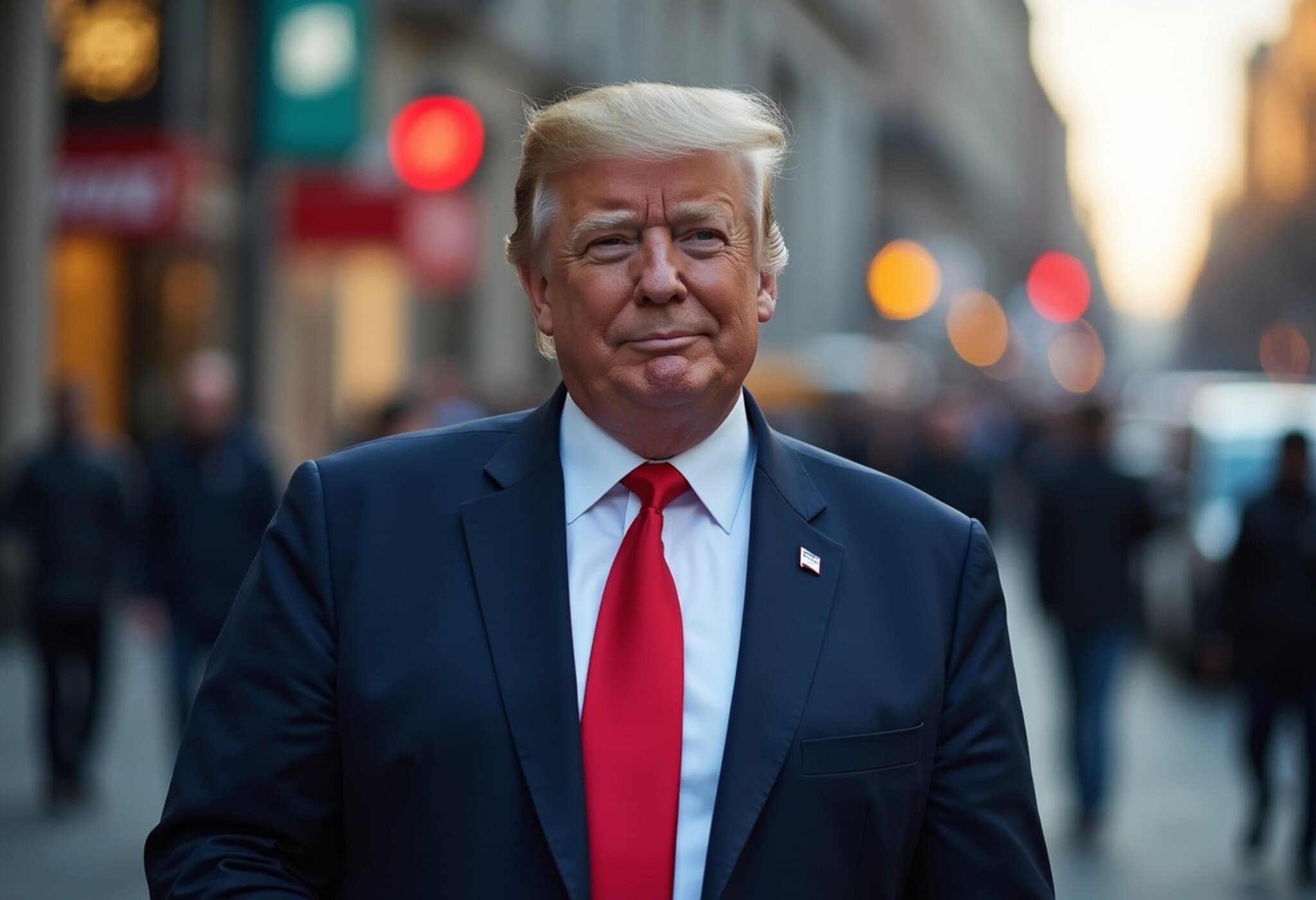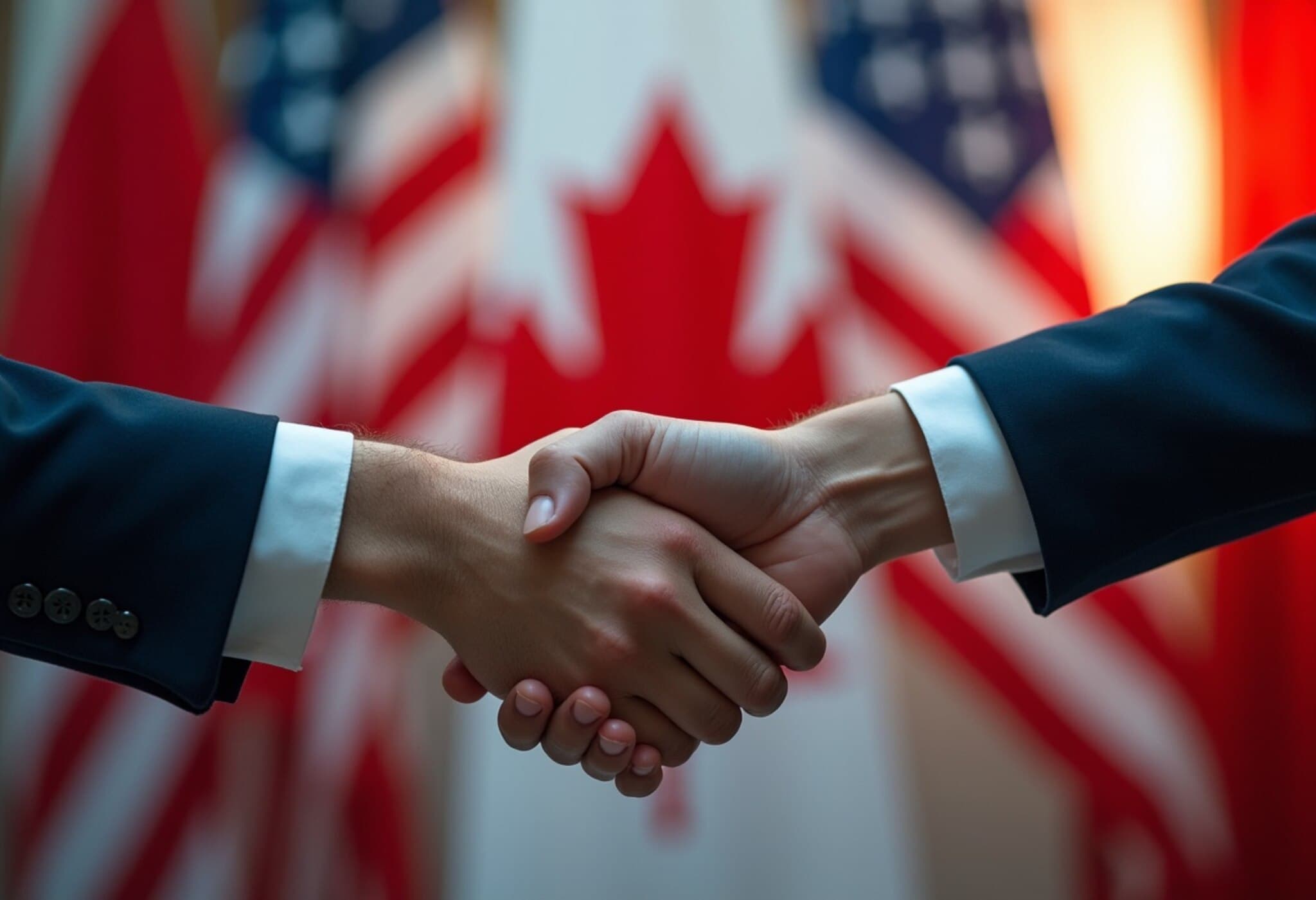India’s Strong Response to U.S. 25% Tariffs: Balancing Fair Trade and National Interests
In a significant escalation of trade tensions, India has firmly responded to U.S. President Donald Trump’s announcement imposing a 25% tariff on goods imported from India, effective August 1, 2025. The Indian government expressed unwavering commitment to pursuing fair and balanced trade while resolutely safeguarding its national economic interests.
Context of the Tariff Announcement
President Trump justified the tariff by highlighting what he described as India’s “unfair trade practices” and the country’s ongoing commercial relationships with Russia amid geopolitical strains due to the conflict in Ukraine. Trump publicly criticized India’s tariff regime, labeling it among the world’s highest and condemning non-tariff barriers that he termed “obnoxious.” He also cited India’s substantial purchases of Russian military equipment and energy supply as problematic, framing such commerce as contrary to broader global efforts to isolate Russia.
India’s Official Statement: Defending Sovereign Trade Policy
In response, the Indian Ministry of Commerce and Industry issued a careful but firm statement acknowledging the U.S. government's announcement and emphasizing India’s interest in continuing negotiations. The statement underscored that India was actively studying the implications of the tariffs to formulate appropriate countermeasures. It reiterated that India remains committed to concluding a mutually beneficial and balanced bilateral trade agreement with the U.S., a process ongoing for several months before the tariff announcement.
Crucially, India reaffirmed its priority to protect the welfare of key domestic stakeholders, particularly farmers, entrepreneurs, and Micro, Small and Medium Enterprises (MSMEs), reflecting the country’s broader economic strategy that stresses self-reliance alongside openness.
Trade Relations at a Crossroads
This development casts a shadow over the previously optimistic outlook for a limited trade pact, which had been anticipated to strengthen economic ties between the two democracies. India’s reference to other trade deals, including the recent Comprehensive Economic and Trade Agreement (CETA) with the UK, underscores New Delhi’s consistent approach: engaging in international commerce with a keen eye on safeguarding national interests.
Economic analysts point out that while tariffs can be a blunt instrument to seek leverage in trade talks, they often risk disrupting supply chains and inflating costs for consumers on both sides. The U.S.’s stance also highlights complex global geopolitical dynamics, as trade policy interlocks increasingly with foreign policy concerns — in this case, India’s historical and strategic engagement with Russia.
Expert Insight: Navigating Trade Equity and Geopolitics
Dr. Anjali Mehta, a trade policy expert at a leading Washington think tank, notes: “This move signals that the U.S. administration is prioritizing not only economic fairness but also geopolitical alignment, which complicates trade negotiations. For India, balancing its economic growth ambitions with its strategic partnerships will be an intricate dance that requires calibrated responses.”
Furthermore, the impact on American businesses sourcing from India — or Indian exporters reliant on the U.S. market — could be significant, underscoring the intertwined nature of global trade. MSMEs and farmers in India, often vulnerable to global market shocks, will be watching closely how New Delhi mitigates potential fallout.
Looking Ahead: The Road to Resolution
- Both nations face the delicate challenge of reviving stalled trade talks amid increasing protectionist pressures.
- India’s commitment to fair trade while protecting domestic sectors may prompt innovative negotiation strategies and diversifying global partnerships.
- The intersection of trade policy with geopolitical considerations — particularly India's ties with Russia — will remain a key factor influencing bilateral relations.
As the new tariffs come into effect, all eyes will be on whether diplomatic efforts can de-escalate tensions and bring about a trade framework that balances economic interests with broader strategic priorities.
Editor’s Note:
The imposition of a hefty 25% tariff by the U.S. on Indian imports is more than a typical trade dispute; it reflects the evolving nexus of commerce and geopolitics in a fracturing global order. India’s measured but assertive response highlights the complex calculus emerging economies face as they navigate great power rivalries while striving for economic growth and fairness. Observers should watch how this episode influences not only U.S.-India trade relations but also global trade alliances and the future of multilateralism in an age increasingly defined by strategic competition.

